
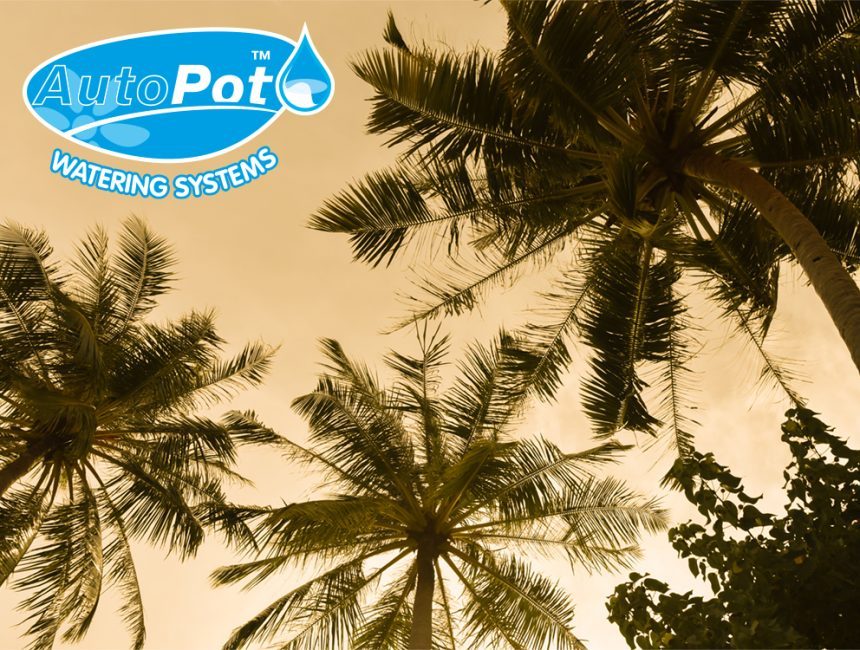
The Maldives! The very words get your mind soaring like a blobby pink plane over turquoise waters to golden sands. It’s quite possible that growers in the grip of cold, rainy winters would give anything for a bit of Indian Ocean archipelagic tropically right now. It’s also a safe bet that many growers in the Maldives would love to have the rich, pH-balanced soils of temperate continental climes at their disposal. Verily the grass is always greener.
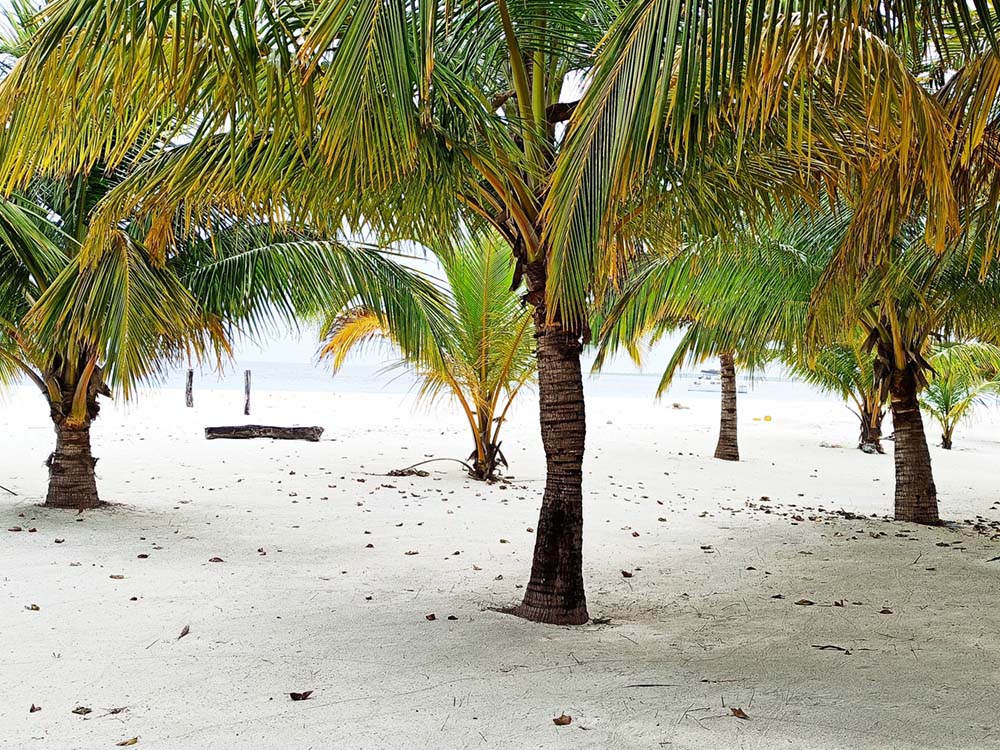
But whilst those with good earth can usually grab some restorative sunshine there’s not much island farmers can do about changing their land. Truth be told, in-earth cultivation on even the most idyllic atolls kicks up a host of difficulties. Soil composition, pH levels, water quality, and EC all come with some scary numbers attached.
Prime Maldives have been addressing these problems with some sustainable, intelligent solutions, including AutoPot! Mohammad Zahid, their Agri Consultant laid out exactly what they’re up against, ‘Maldivian soil is made of weathered coral and very little organic matter. As a result the calcium carbonate content is very high and the pH is around 8.5. The soil itself is not suitable for any kind of growing. If we want to grow in soil we must use lot of compost and fertiliser.’
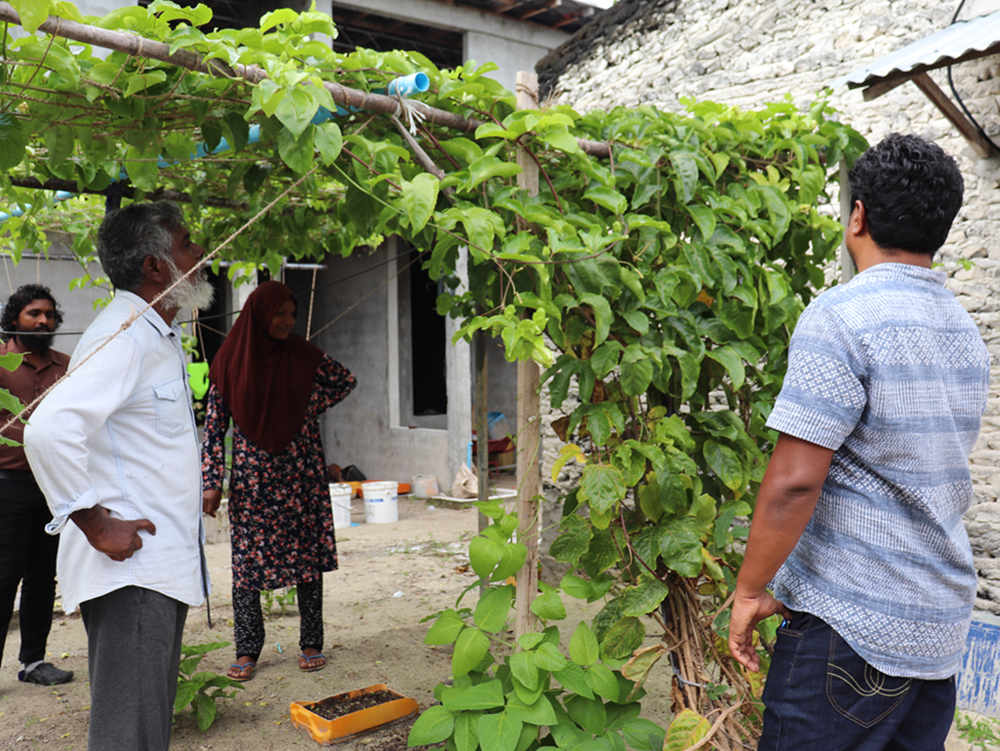
EC levels aren’t much help either, ‘the water quality is really bad with groundwater EC of around 2.5 in some parts of the country.’ Such woes deeply affect both those looking to grow and those looking to consume fresh produce on a regular basis.
In terms of cash, health, and ecology the costs of the Maldives lack of ‘food security’ are immense. Fortunately Prime Maldives have a plan. It’s happening fast, it’s sweeping the Maldivian Islands, and it’s trained over three hundred farmers to date.
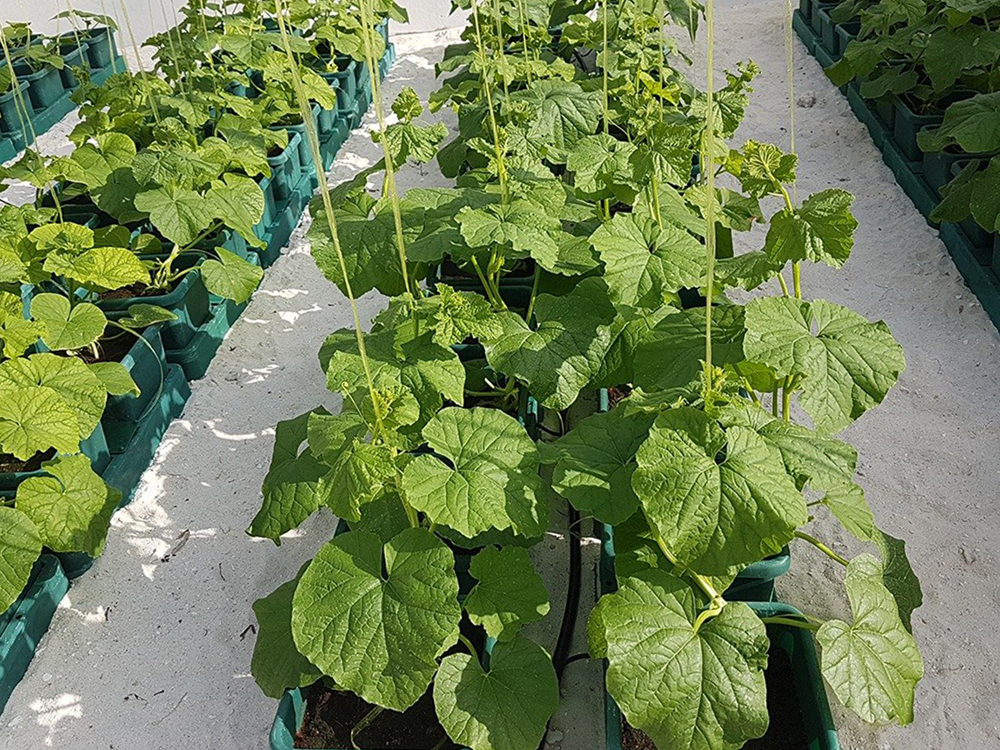
As respected agricultural suppliers, Prime Maldives are perfectly placed to train farmers and home growers in sustainable, no-dig, hydroponic cultivation techniques. The aim of their travelling outreach scheme; to give the Maldives better self-sufficiency. As Zahid says, ‘food security is a huge issue in the Maldives. Since the islands are not connected via land and most of the islands are very small it involves lots of logistical issues. Therefore the people have very limited access to fresh products.’ Zahid is using a range of approaches including AutoPot watering systems to try and change this.
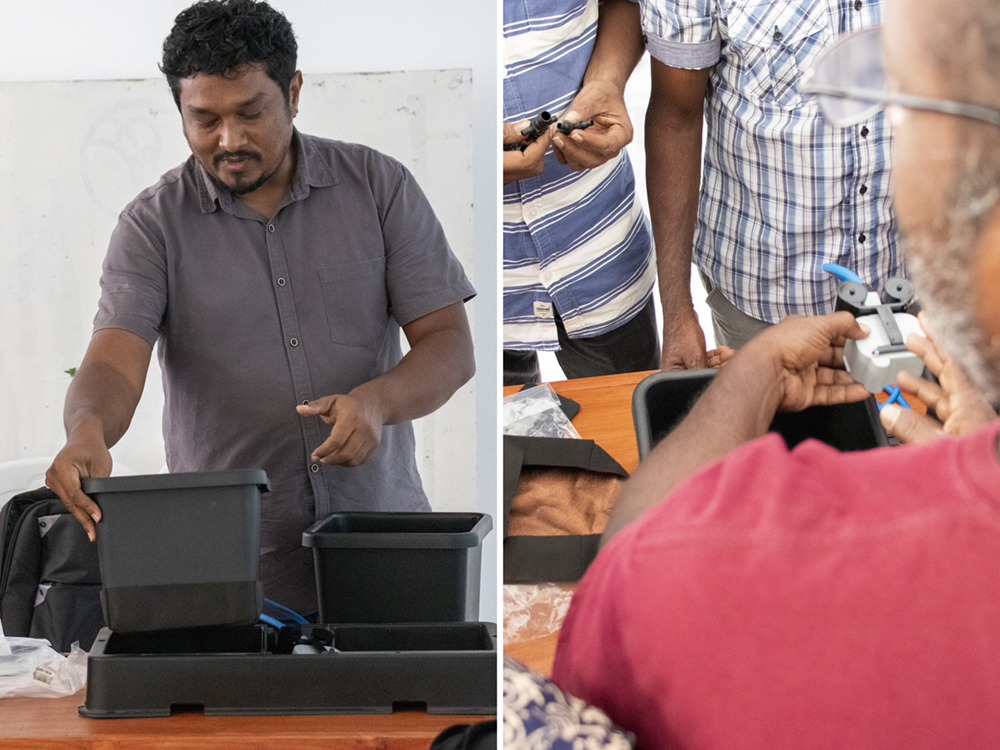
Touring the islands, Zahid runs training sessions and has been bowled over by the enthusiasm of farmers, whether big or small, whether established or new. ‘They are very interested and willing to change the way they have been practicing. It’s true that for some there are challenges in financing the switch, but I would say almost 80% of them are keen to start using AutoPot systems immediately.’ And it’s not just commercial farmers who are feeling the benefits.
AutoPot is also an exciting prospect to domestic growers for whom fresh produce has, historically, been a tricky proposition. As Zahid says, ‘AutoPot can certainly be of use to home gardeners. Since it can be easily extended gardeners will find it easy to invest in the systems with future expansion always a possibility.’
So far the most commonly grown crops are melons, cucumbers, and chillies but the output is rapidly becoming more diverse. Happily, Maldivian staples such as papaya and eggplant are already proven hits for AutoPot growers the world over. Cocopeat is readily available as a substrate and some growers have begun innovating with different types of gravel. Thanks to the work of Prime Maldives high-quality, water soluble A+B solutions and other fertilisers are available and are providing great results. All very positive, but there is another significant sector whose adoption of self-sufficiency is vital to the Maldives future.
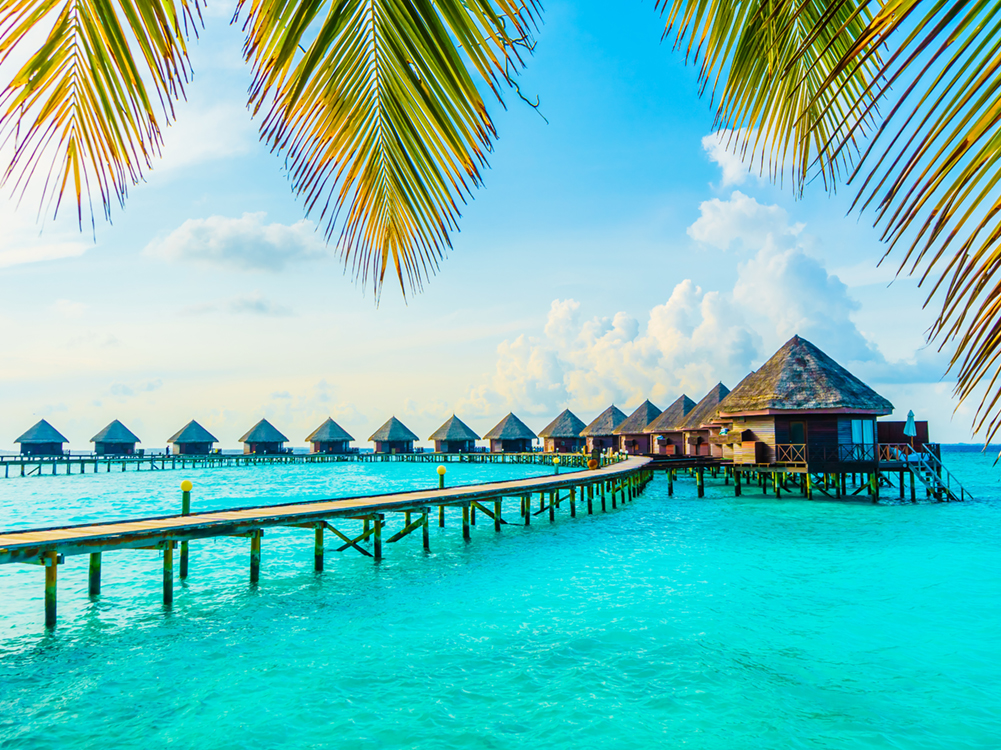
Catering for foreign tourists has always put an extra onus on Maldivian businesses to import, so it’s great that local hotels are fully embracing the systems too. Here the benefits are not just about curbing financial costs but reducing the inevitable pollution caused by shipping goods in. As a nation the Maldives have adopted an admirable aim in countering global warming; ‘to become a “leader in mitigation efforts,” like reducing greenhouse gas emissions.’ And with very good reason.
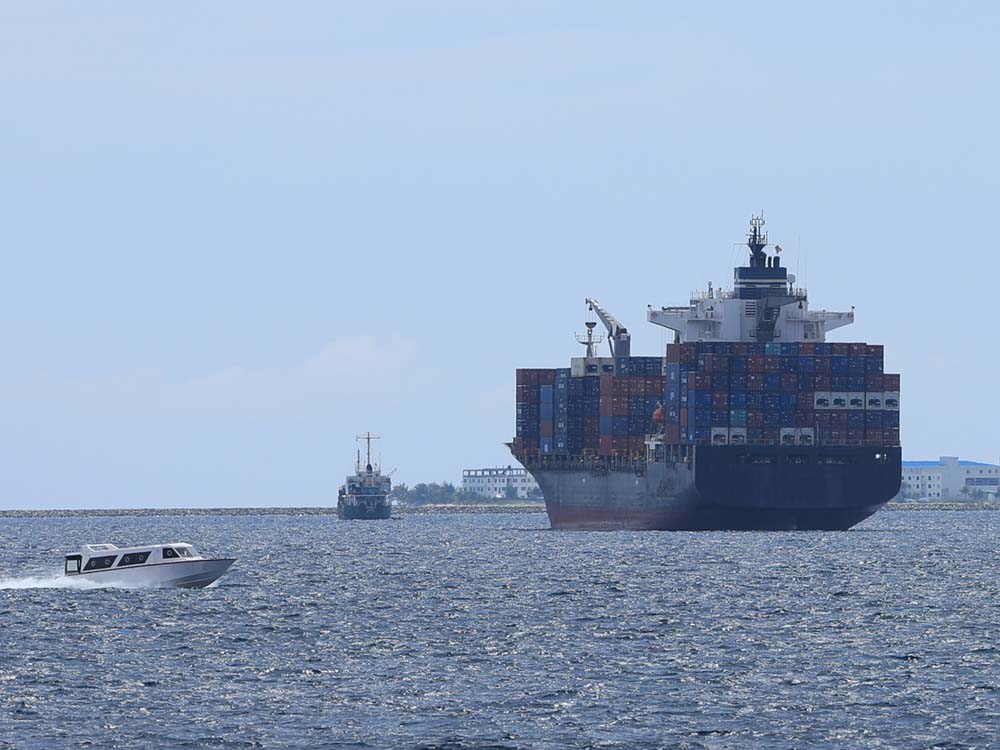
Rising sea levels mean that the Maldives are reckoned to be sinking. ‘80% of the country’s islands are now just a metre above sea level’ and at the current rate the islands ‘could disappear by the end of the century.’ This makes the size-13 carbon footprint of ferrying or flying fresh food into islands less of a concern and more of an existential threat. Understandably, for people who actually live in low-lying tidal areas the idea of mulling over changes to environmentally damaging behaviour is a bit of a luxury. Local people are keen to act now, but what about practical concerns such as utilities in such remote areas?
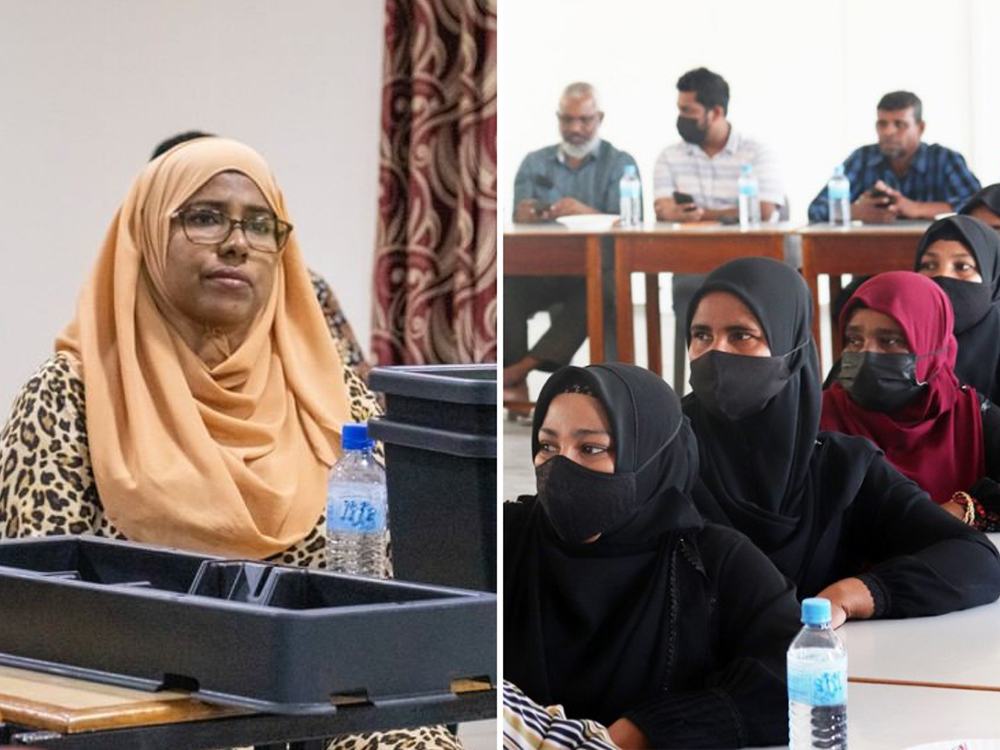
Rainfall is plentiful enough in the Maldives for water supply not to be an issue. The same cannot be said for power. For Zahid it’s vital that any growing solution operates without the need for electricity. ‘In some islands power failure is a common problem and the electricity cost is very high.’ This makes AutoPot an absolute shoo-in for the Maldives as it relies only on gravity pressure to supply the modules and requires no timers, pumps, or computers.
Should things ever get tricky Zahid and his team are always on hand with some above-and-beyond growing support. As well as a growers hotline, the team visit farmers to help them solve any issues they are facing and their soil and water testing expertise is now in great demand. As they supply all types of inputs for all types of farming Prime Maldives’ range and projects make for interesting viewing – check both out via their insta page.
Our sincere thanks to the team for their dedication, not merely in promoting AutoPot, but in educating and encouraging people in the adoption of sustainable, ecologically sound growing techniques.
| Monday | 9AM-5PM |
| Tuesday | 9AM-5PM |
| Wednesday | 9AM-5PM |
| Thursday | 9AM-5PM |
| Friday | 9AM-5PM |
| Saturday | Closed |
| Sunday | Closed |